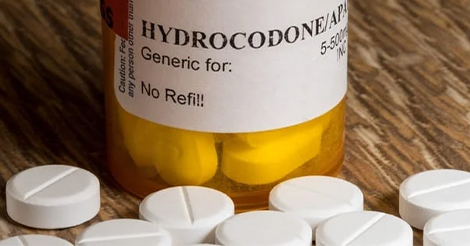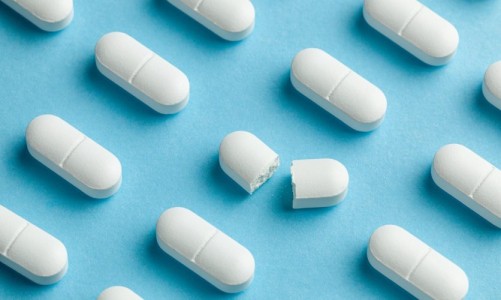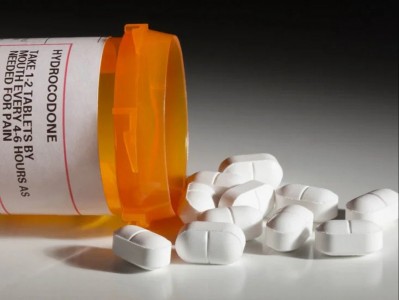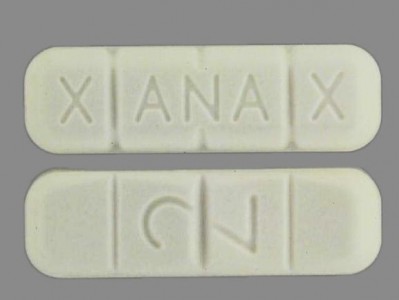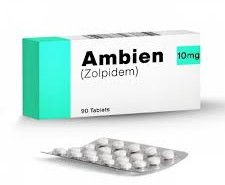Visit our site : https://mayomeds.com/pain-relief/hydrocodone-10-325mg/
Buy Hydrocodone 10-325 mg online is a prescription of a class of drug which is used to reduce pain. It’s often used to treat moderate to severe pain and is commonly combined with other medications. Hydrocodone works by binding to reduce the pain in the brain, which helps to suffering pain. However, it also has the potential for addiction and misuse, so it’s prescribed with caution and monitored closely by healthcare providers. Side effects can include respiratory depression, among others.
How to use Hydrocodone
Hydrocodone is a prescription medication used to reduce the pain and it is typically combined with other ingredients. Here are some general guidelines for using hydrocodone safely:
* Always take hydrocodone exactly as prescribed by your healthcare provider. Do not adjust the dosage without consulting them.
* Pay attention to the prescribed dosage and frequency. Do not take more than recommended, as this may occur increase the risk of side effects.
* Hydrocodone can be taken with or without food. If it causes stomach upset, try taking it with food.
* Do not consume alcohol while taking hydrocodone, as it can increase the risk of serious side effects.
* Be aware of potential side effects, including dizziness, drowsiness, constipation, and nausea. Avoid driving or operating heavy machinery until you know how it affects you.
* If you need to stop taking hydrocodone, consult your healthcare provider about how to taper off safely to avoid withdrawal symptoms.
* Keep the medication in a secure place away from children and dispose of any unused medication properly.
Side Effects
* Feeling sleepy.
* Upset stomach or feeling sick.
* Difficulty in bowel movements.
* Feeling faint.
* A feeling of dryness in the mouth.
* Difficulty in thinking clearly, especially in older adults.
* Feeling mood changing
Precautions
* Take hydrocodone only as prescribed by a healthcare doctor. Do not share it with others.
* Inform your doctor if you have any known similar medications.
* Be aware of potential interactions with other medications.
* Always avoid alcohol while taking hydrocodone, as it will cause a very risky side effect.
* If you’re pregnant, planning to become pregnant, or breastfeeding, discuss the risks and
benefits with your doctor.
* In emergency situations; take immediate medical attention if you are felling symptoms of
difficulty breathing, or other concerning side effects.
Interactions
* Combining hydrocodone with other central nervous system can enhance respiratory
depression, and increase the risk of overdose.
* Using hydrocodone with MAOI can cause severe interactions.
*Taking hydrocodone with other opioids can increase the risk of respiratory depression and
overdose.
This viewed (72) Times Today!

